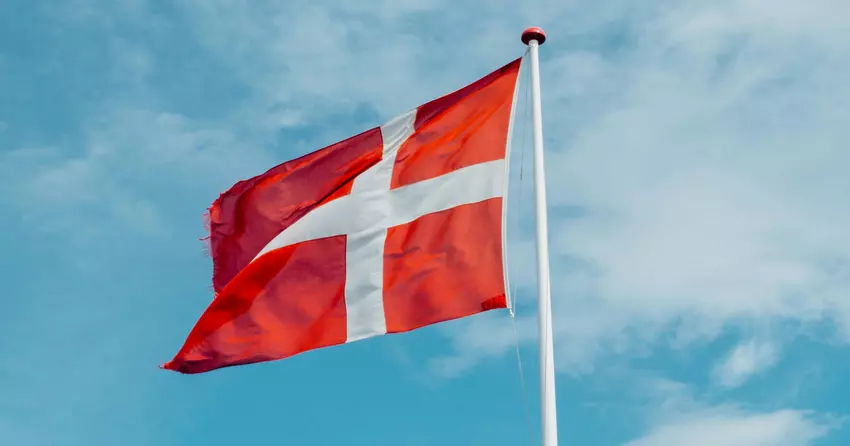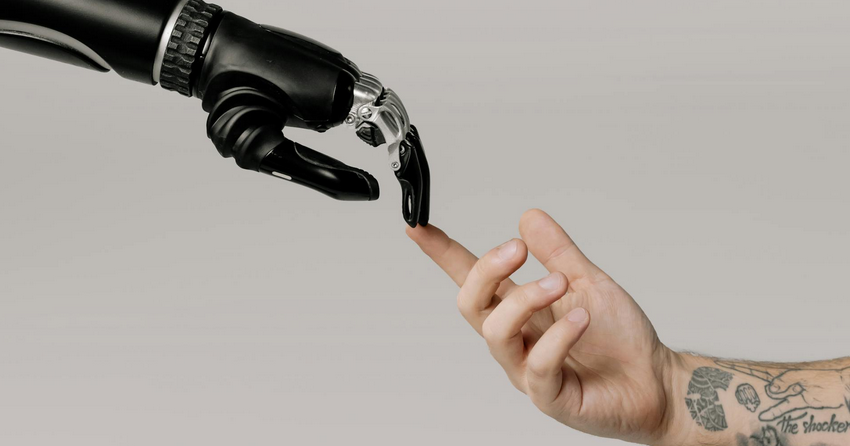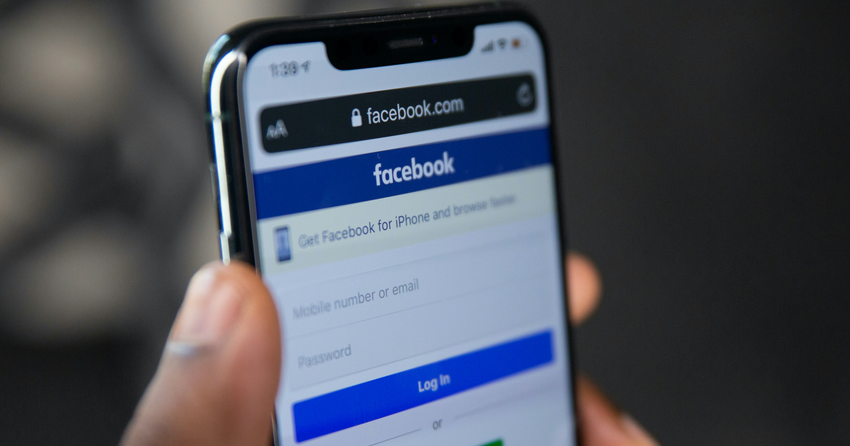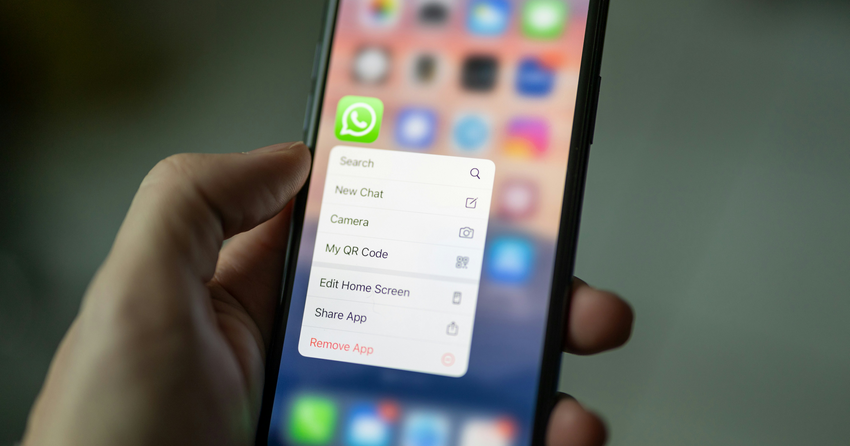
Denmark To Tackle Deepfakes With Copyright Law
On June 26, the Danish Ministry of Culture announced a parliament-wide agreement to stop the dissemination of AI-powered deepfakes. The proposal would give each Danish citizen copyright over their own image. The Ministry of Culture is set to file a formal proposal by winter of this year.
The bill would constitute an amendment to the current Danish copyright law. It defines deepfakes as any digitally generated material (such as audio, video, and images) that creates a “very realistic” representation of a person. A commonly cited example is a photograph of late Pope Francis wearing a puffy white jacket. The image was briefly circulated online, with many users unaware it was fake.
“With these new capabilities, it is soon becoming impossible to distinguish authentic material from manipulated material. Since images and videos also imprint themselves rapidly in people’s subconscious, digitally manipulated versions of a picture or video can create fundamental doubt about – and perhaps even an entirely incorrect perception of – what is an accurate depiction of reality,” reads a translated excerpt from the agreement.
The bill would make it illegal to spread deepfakes of any person, public or private. However, violation of the law would result in neither fines nor jail time for perpetrators. Victims, however, may be eligible to seek compensation.
The Ministry of Culture made special mention of protections for performing artists and other public figures, who are more likely to be targeted by deepfakes. The bill establishes that satirical representations will still be permitted under the free speech laws of the European Union, though it fails to define what qualifies as satire.
This bill comes at a moment when more governments worldwide are introducing more legal protections against deepfakes. In May, X (formerly Twitter) sued the state of Minnesota (US) to halt a law that would make it illegal to share deepfakes of political figures. The governments of France, Australia, and the UK have also recently introduced laws to combat the online dissemination of deepfakes.
“I am extremely proud that we are now sending an unequivocal signal to all citizens that you have the right to your own body, your own voice, and your own facial features. In a time when technology has overtaken legislation, I am pleased that so many of the parties in the Folketing will help protect artists and ordinary people from digital identity theft,” said Jakob Engel-Schmidt, Denmark’s Minister for Culture.













